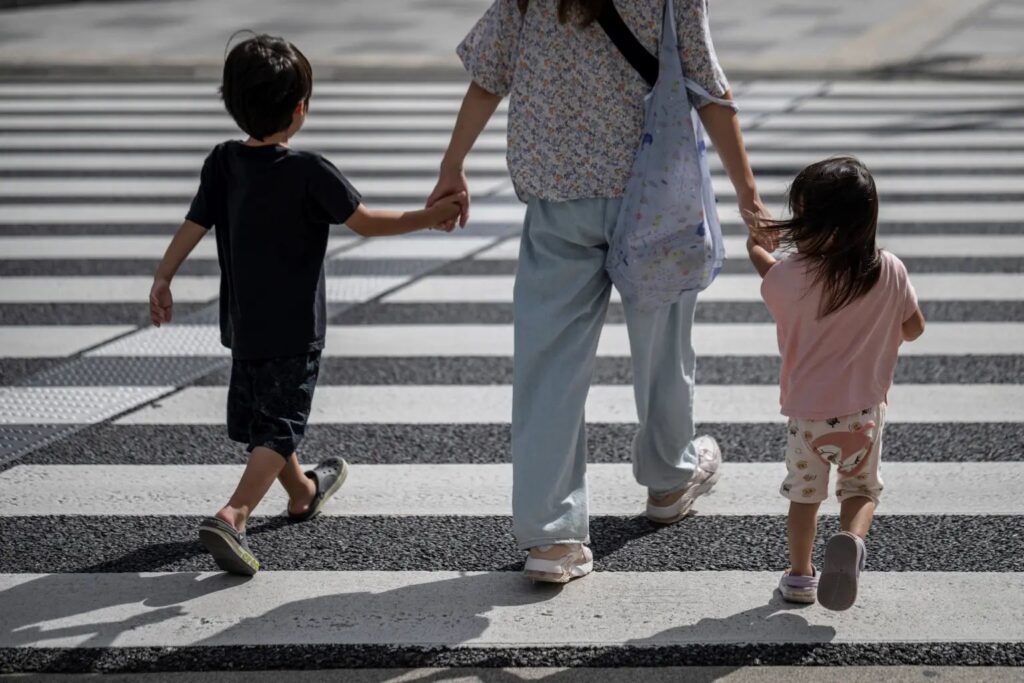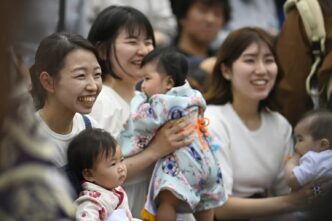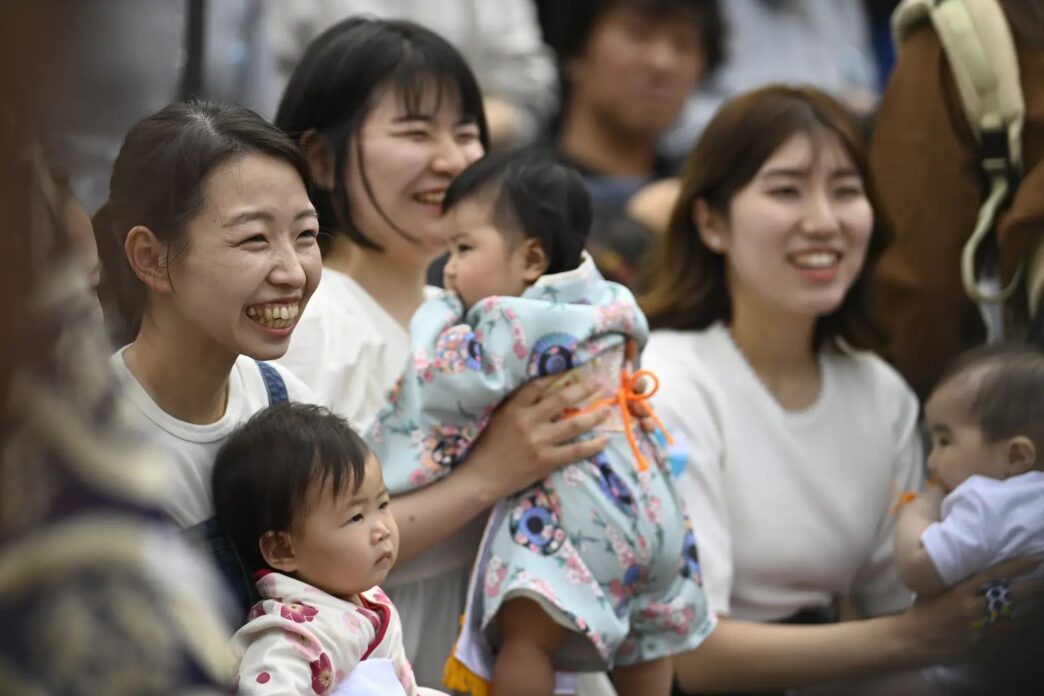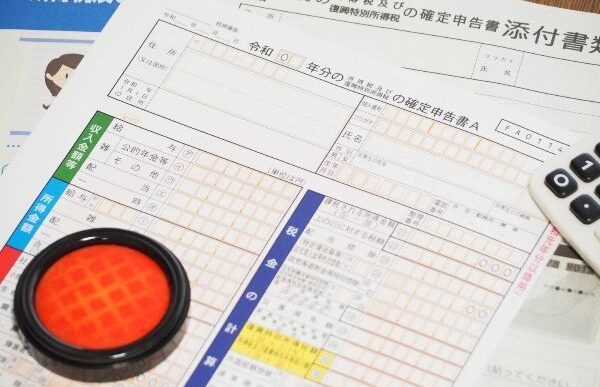
Tokyo, August 2025 — Japan faces a mounting demographic crisis as official figures reveal a stark contrast: the most significant annual drop in its citizen population since records began, while foreign residents surged to unprecedented levels.
Record Decline in Japanese Nationals
As of January 1, 2025, the number of Japanese nationals stood at 120.65 million, marking a decline of 908,574 people—a 0.75% drop from the previous year. This is the largest annual decline recorded since 1968, and marks the 16th consecutive year of population decrease.
Foreign Residents Rise to New Heights
Conversely, the number of foreign residents climbed 10.65%, reaching approximately 3.68 million—the highest since tracking began in 2013—and accounting for 2.96% of Japan’s total population.
These trends reflect a dynamic interplay: while the ethnic Japanese population shrinks due to falling birth rates and a rapidly aging society, immigration is playing an increasingly vital role in sustaining the nation.
Low Births and High Deaths
Demographic pressures intensified in 2024:
- Only 687,689 births were registered—the lowest on record.
- Deaths soared to 1.6 million—a new high.
- The resulting natural population decrease neared 1 million, underscoring an urgent societal challenge.
Broader Context and Societal Impact
Historically, Japan’s population has been in steady decline, driven by low birth rates, high longevity, and a reluctance among younger generations to marry due to economic, cultural, and institutional barriers.
Foreign nationals—mostly working-age individuals—have become critical to filling labor shortages, especially in manufacturing, construction, caregiving, and hospitality.
However, the rise in foreign residents has also catalyzed political and cultural tension. Nationalist voices have gained traction, calling for stricter immigration controls and emphasizing a “Japanese First” narrative, particularly amid growing anxiety about identity and resources. In response, the government has launched a cross-agency body to address foreigner-related issues ahead of recent elections.
What This Means
| Challenge | Implication |
| Aging, shrinking citizenry | Strains welfare systems and workforce |
| Falling birth rates | Threatens long-term demographic stability |
| Surge in foreign residents | Partially offsets decline but raises tension |
Japan stands at a demographic crossroads. Unless birth rates rebound or a sustainable integration of foreign talent is achieved, the nation may face long-term economic and social consequences—including a fragile workforce, rising elderly support burdens, and rural decline.

















